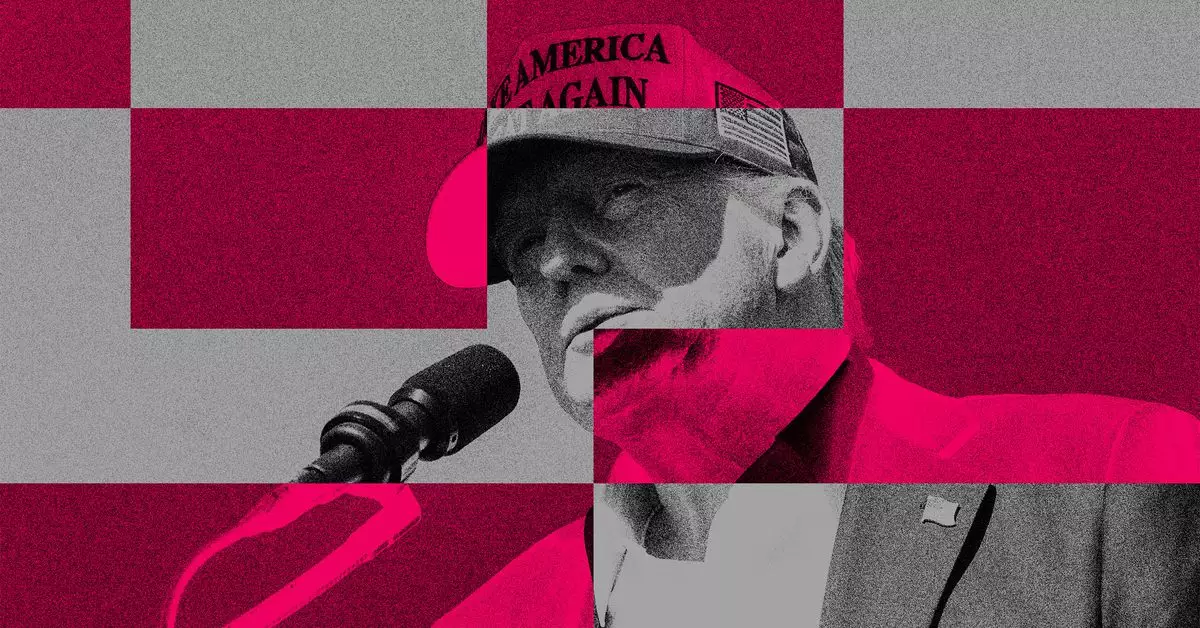During a recent presidential debate, former president Donald Trump perpetuated a racist lie about Haitian migrants in Springfield, Ohio. Despite fact-checkers debunking the claim, Trump repeated it, stating that migrants in Springfield were eating pets of local residents. This blatant disregard for the truth is not surprising coming from Trump, as his campaign has actively embraced the false narrative. The spread of this lie has been fueled by right-wing social media and prominent figures like Elon Musk and Sen. Ted Cruz, further mainstreaming the misinformation.
Even in the face of contradictory statements from city officials and law enforcement, Trump’s supporters and campaign surrogates have continued to perpetuate the narrative. Vice presidential candidate JD Vance claimed to have received inquiries from Springfield residents about their missing pets, despite no evidence supporting these claims. Encouraging supporters to spread misinformation, Vance dismissed fact-checking efforts as media bias, urging patriots to continue sharing false information.
In the aftermath of the Springfield rumor gaining traction, Trump’s supporters have utilized memes and imagery to further bolster the false narrative. AI-generated images depicting Trump as a protector of America’s pets have been circulating, with the Republican Party of Arizona even unveiling billboards referencing the meme. These visual references not only perpetuate the false claims but also tie into the white supremacist great replacement theory.
Rather than acknowledging the falsehoods at the core of the Springfield rumor, Trump’s supporters have shifted the focus to media fact-checking efforts. They argue that the emphasis on debunking the lie detracts from the supposed replacement of Americans by Haitian migrants in Springfield. Trump, as the face of the Republican Party, has chosen to amplify baseless claims without any regard for the impact it may have on local communities. This deliberate distortion of truth is a troubling trend in today’s political discourse.
The spread of racist lies and misinformation in political discourse is a dangerous trend that undermines the fabric of our democracy. When prominent figures like Donald Trump perpetuate falsehoods without consequence, it sets a dangerous precedent for factual accuracy and responsible leadership. As citizens, it is our responsibility to critically examine the information presented to us and push back against the spread of hateful rhetoric and misinformation in our communities. Only by holding our leaders accountable and demanding honesty and integrity can we begin to combat the dangerous influence of false narratives in politics.

